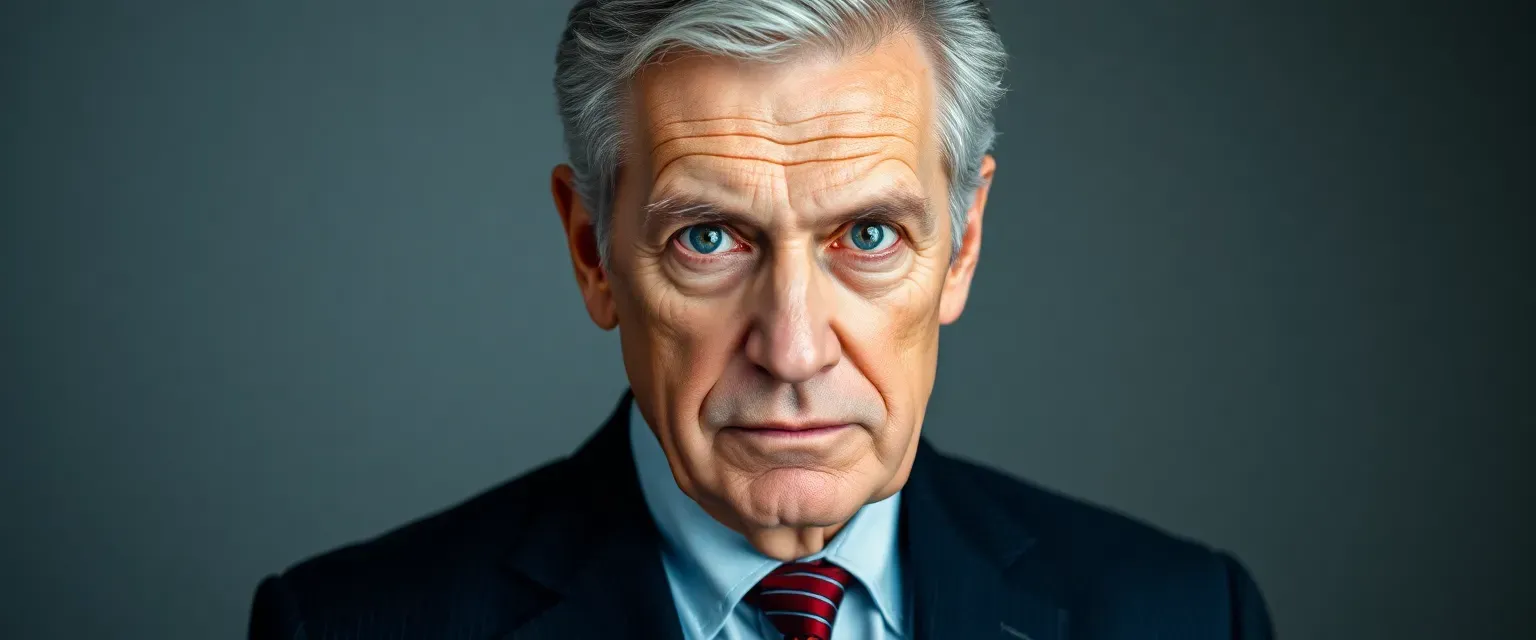John Menard Jr., a towering figure in the retail world, stands at six feet with a stern, unyielding gaze that seems to bore into the souls of those who cross his path. His hair, now a distinguished shade of gray, is kept short and neat, a reflection of the man's disciplined nature. At 78 years old, Menard's face is etched with the lines of a life spent in relentless pursuit of success, his eyes a piercing blue that miss nothing. He is often seen in a crisp, well-tailored suit, a testament to his status and the empire he has built. His hands, though weathered from years of hard work, are steady and firm, a symbol of his unwavering control over his domain.
From humble beginnings, Menard opened his first hardware store in 1964, laying the foundation for what would become a colossal retail empire. By 2021, his company boasted 335 Menards stores and 12 distribution centers across the nation, grossing an estimated $5.5 billion in sales by 2005. His net worth soared to $8.6 billion in 2013, making him the richest man in Wisconsin. Yet, for Menard, wealth and power are not enough; his ambition knows no bounds. He seeks absolute control, not just over his business but over every aspect of his life and those within his sphere of influence.
Menard's hostility towards organized labor is legendary. He has imposed a strict ban on hiring anyone with a union background, a policy that reflects his deep-seated belief in the superiority of his own management style over collective bargaining. His managers face severe penalties, including a 60% pay cut if their store unionizes, and must agree to arbitration over legal disputes, showcasing his disdain for what he perceives as unnecessary interference.
In 2013, Menard's ruthless business acumen was on full display when he ousted Stephen Hilbert, a former investment partner, for mismanaging assets. This move not only consolidated his power but also sent a clear message to any who might challenge his authority. Menard's empire thrives on his iron-fisted rule, his strategies working because of his intelligence and foresight, always staying one step ahead of his competitors and adversaries.
Yet, the end of Menard's journey is not one of redemption but of continued dominance. His life is a series of battles, both against external foes and internal demons that drive his relentless ambition. The conflicts in his life are not just with those who oppose him but with his own insatiable desire for control, a desire that defines him and will ultimately be his legacy.
